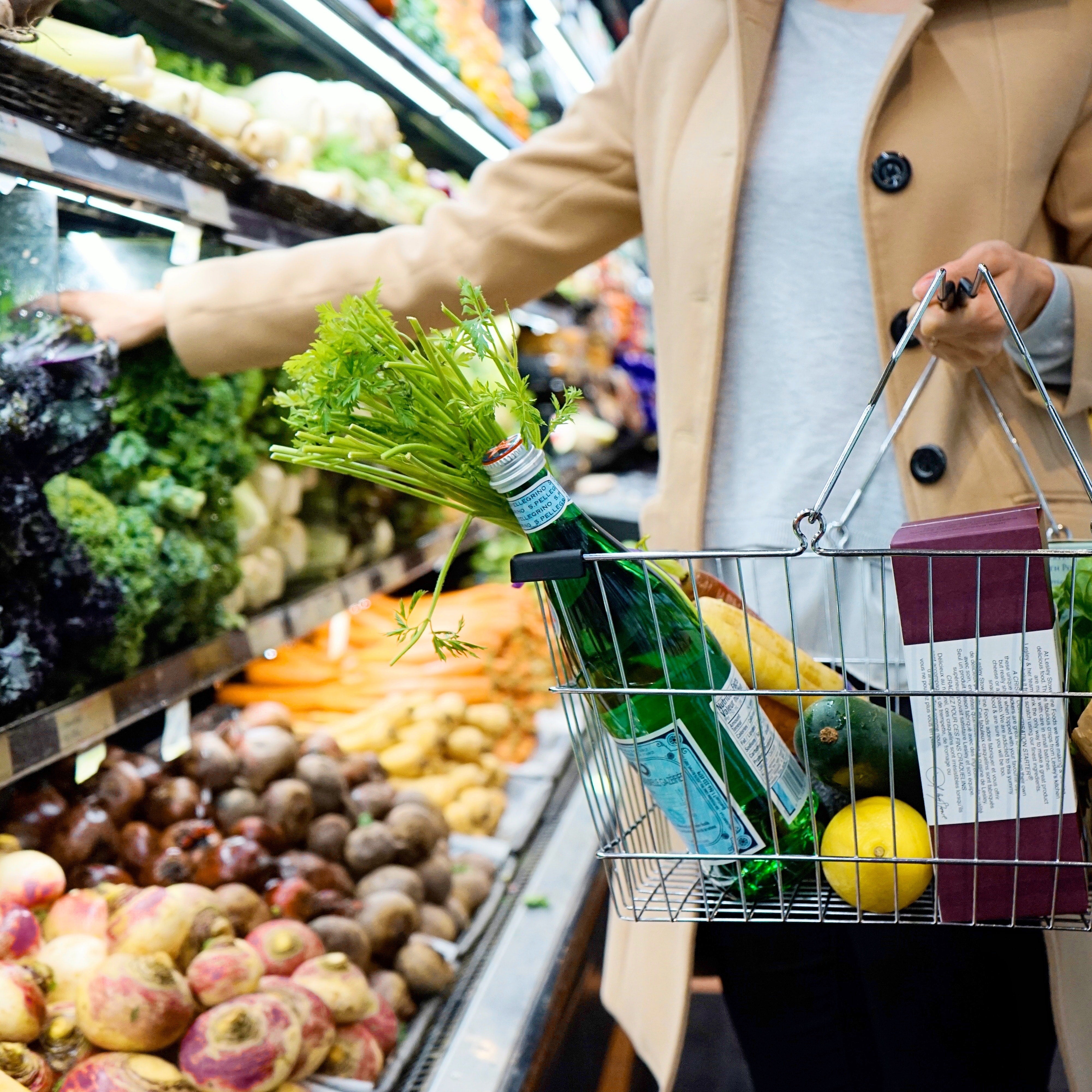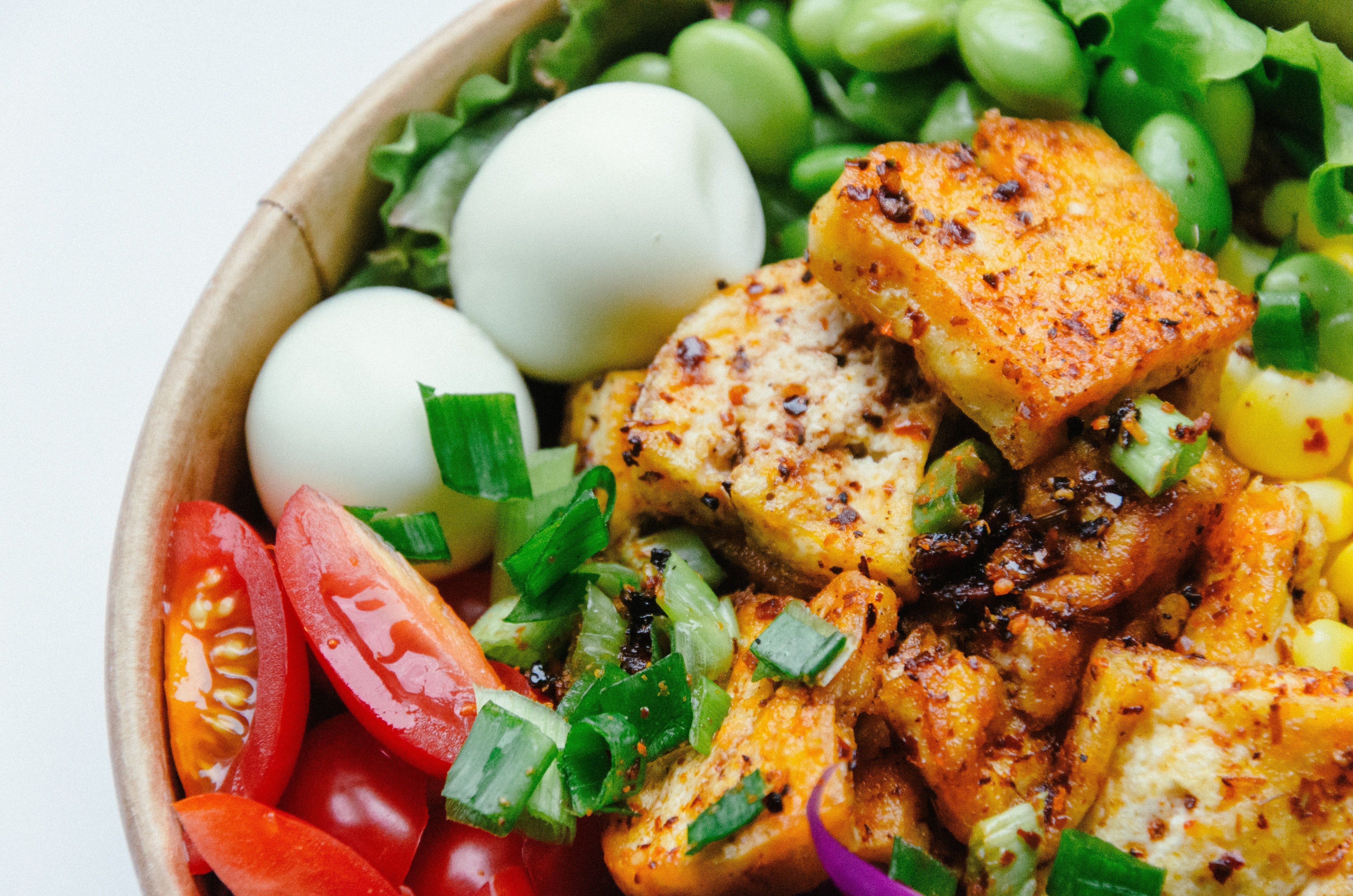Potassium is a mineral that plays an essential role in several bodily processes, however, very few people consume enough of it. In fact, nine out of ten U.S. adults don’t reach the daily goal of 4,700 mg of daily potassium.[*]
The risk of being deficient is even greater for those on a ketogenic diet, as many potassium-rich foods are off-limits on this low-carb eating plan. On top of that, low-carb diets like keto reduce insulin levels, which increases the excretion of electrolytes like potassium through urine.[*]
Fortunately, meeting your potassium needs on keto is entirely possible—you just need to know what foods to regularly include. We’ll get to those foods shortly, but first, let’s review why getting adequate potassium is so important and how to know if you’re consuming enough.
The Importance of Potassium
Potassium is an essential mineral that’s needed by all tissues in the body. It’s also one of the major electrolytes, along with sodium, calcium, chloride, and magnesium.
When dissolved in water, electrolytes like potassium produce a positive or negative electrical charge that supports several bodily functions.
Potassium, which works closely with sodium in the body, assists with the following functions:
- Helps regulate muscle and heart contractions[*]
- Helps regulate fluid balance[*]
- Helps move nutrients into cells and waste products out of cells[*]
- Activates nerve impulses throughout the nervous system[*]
- Supports digestion[*]
- Helps prevent and treat muscle cramps[*][*]
- Helps your body better absorb calcium, keeping your bones strong[*]
- May help promote heart health and protect against strokes[*][*][*]
The Risks of Not Getting Enough Potassium
When the potassium level in your blood is too low, it’s referred to as hypokalemia. Hypokalemia is rarely caused by dietary deficiency alone, but rather a combination of factors, such as fluid loss, malnutrition, and the use of certain medications.[*][*][*]
Symptoms of hypokalemia (low potassium) include:[*]
- Constipation
- Heart palpitations
- Extreme tiredness
- Muscle weakness, cramps, and spasms
- Tingling and numbness
- Excessive thirst
If low potassium is not addressed, severe issues, such as heart rhythm problems and life-threatening paralysis, can occur.[*]
It’s also important to note that just because you don’t have a deficiency or obvious symptoms (yet) doesn’t mean that you’re getting the ideal amount of potassium to support your body in functioning optimally.
For example, potassium (along with sodium) is essential for proper hydration. If you’re not getting enough of either, you may start experiencing dehydration symptoms like headaches, fatigue, and dizziness, even if you drink adequate water.
Keto dieters are particularly at risk for dehydration due to eliminating many electrolyte-rich foods (think: fruits, legumes, and starchy vegetables) and increased water loss.[*][*]
How to Know If You’re Consuming Enough Potassium
You can ask your doctor to order a basic metabolic panel blood test that measures potassium and other electrolyte levels in your blood. However, unless a person has a health condition or is severely malnourished, your potassium blood level will likely come back normal.
Why? When blood electrolytes are low, your body pulls them from bone to normalize serum levels. In other words, just because your blood level reads normal doesn’t mean you’re getting an adequate amount of potassium to support your bodily functions.
While getting a blood test could help rule out a serious issue, the best way to assess if you’re getting enough potassium is to track your meals for a week using an app like Cronometer. After entering your food and drinks, the app will automatically calculate your micronutrient consumption.
You’re aiming for 4,700 mg of potassium. If you’re a little short, a supplement like IQMIX can fill the gap. If you’re very short, however, review the foods below and include them in your daily meals.
The Best Potassium-Rich Foods for a Keto Diet
While many potassium-rich foods, such as legumes and many fruits, are not allowed on a keto diet, other potassium-rich foods are keto-approved.
#1: Leafy Greens
Leafy greens like spinach, kale, and chard are super low carb, low calorie, and brimming with micronutrients, including potassium. One cup of cooked spinach offers an impressive 839 mg potassium (18% of your RDI).[*] Other leafy greens have similar levels.
#2: Avocado
As if we needed another reason to love avocados, they’re one of the best sources of potassium on a keto diet. They’re packed with healthy fats, fiber, and essential vitamins and minerals.
One medium avocado contains 728 mg potassium (15% of your RDI).[*] Bonus: One study showed people who regularly consume avocados are healthier and better looking.[*] Score!
#3: Brussels Sprouts
Love ‘em or hate ‘em, Brussels sprouts sure pack a potassium punch. One cup of cooked Brussels delivers 626 mg potassium (13% of your RDI).[*] They’re also loaded with fiber, protein, vitamin C, and vitamin K.
#4: Wild-Caught Salmon (and Other Fish)
Wild-caught salmon is not only bursting with heart-healthy omega-3 fatty acids, but also potassium—1,068 mg for a six-ounce serving to be precise.[*]
If you’re not a fan of salmon, there are other potassium-rich fish in the sea. Mackerel, halibut, snapper, and trout are all good choices.
#5: Mushrooms
Mushrooms are great for adding flavor and texture to your meals while providing a substantial dose of potassium. One cup of sliced white mushrooms (raw) has 223 mg potassium.[*] Considering they shrink so much when cooked, a person would likely eat at least two cups of raw mushrooms for a meal, providing 400+ mg potassium.
Other Keto-Approved Foods High in Potassium
Some other potassium-rich foods to add to your keto diet include:
- Asparagus
- Tomatoes
- Zucchini
- Pumpkin seeds
- Clams
- Pork chops
- Nuts (especially almonds and macadamia nuts)
- Beef
Safeguard Your Potassium Intake with an Electrolyte Supplement
While you should obtain the majority of your potassium from whole foods, supplementing your keto diet with an electrolyte supplement can help fill a gap and support hydration. As mentioned, this is especially important on a keto diet which stimulates electrolyte loss.
When looking for a supplement, choose one with no fillers or added sugars that fits into your keto macros. IQMIX hydration mixes, for example, are keto and vegan with 0g of sugar and only 1g of carbs per packet.
Each packet contains the following:
- 500 mg sodium
- 380 mg potassium
- 750 mg Magtein®, a clinically studied form of magnesium (Mg L-Threonate) that crosses the blood-brain barrier[*]
- 250 mg of super-concentrated lion’s mane mushroom, which supports brain health and function[*]
Together, the ingredients work to improve hydration, cognitive performance, and mood.
IQMIX is perfect for enjoying pre- and post-exercise, during a day in the sun, while traveling, or for anytime wellness.
Up Your Potassium Game
Regularly incorporate the delicious and healthy foods in this article and an electrolyte supplement like IQMIX into your routine. In doing so, you’ll have no problem hitting your daily potassium intake goal—all while staying in ketosis.


